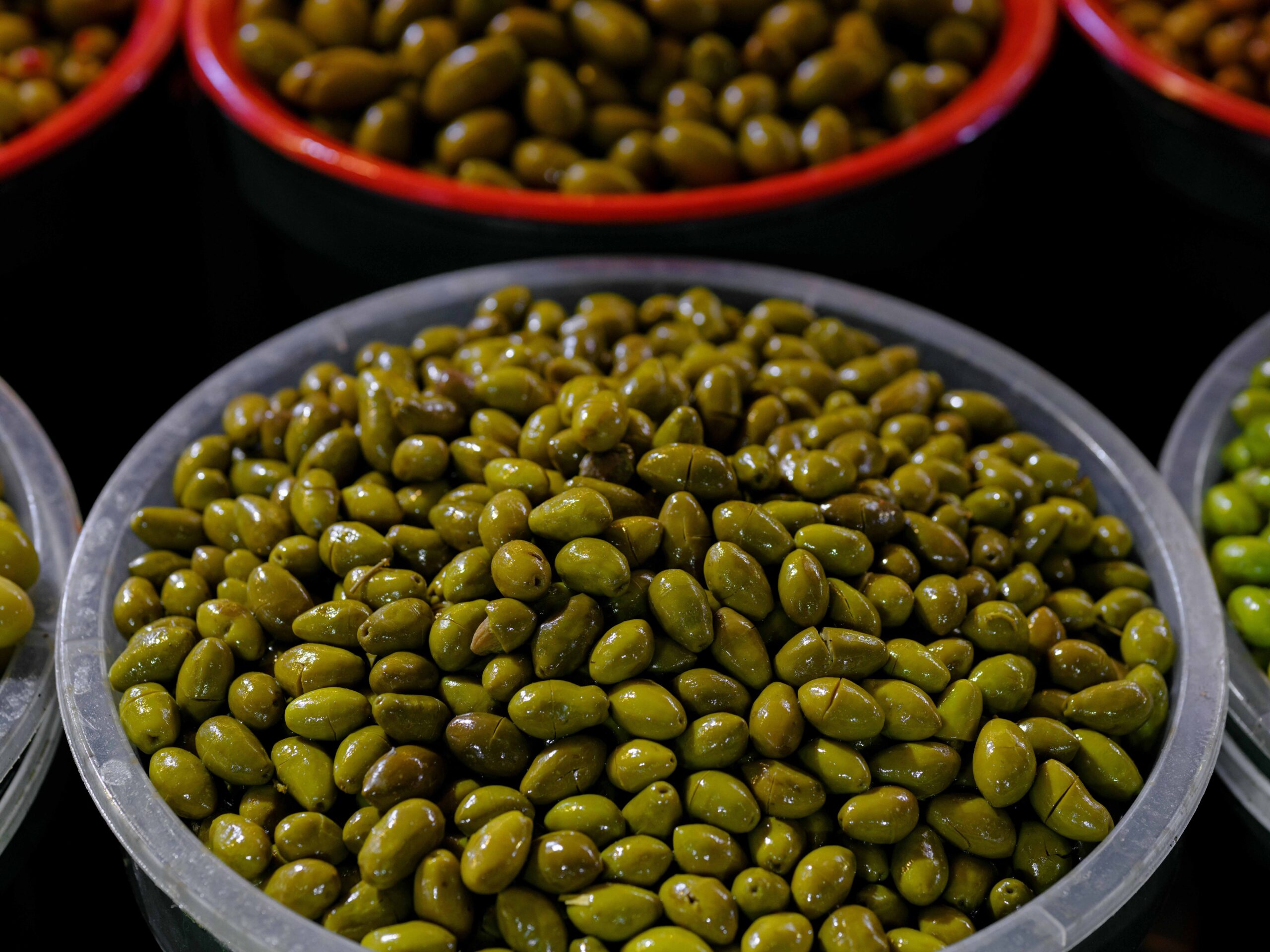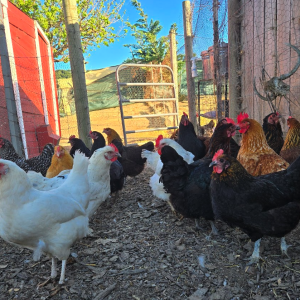The Current Crisis in the Olive Oil Market: Rising Prices, Fraud, and Consumer Confusion
The global olive oil market is facing unprecedented challenges, from climate-induced production shortfalls to soaring prices and a surge in fraudulent activities. Consumers worldwide are struggling to navigate these issues, leading to growing frustration and confusion. Below, we explore the key concerns currently affecting the olive oil industry and their implications for both producers and consumers.
1. Climate Change and Production Shortfalls
Extreme weather conditions have severely impacted olive oil production in major producing countries, including Spain, Italy, and Greece. Prolonged droughts, heatwaves, and erratic rainfall patterns have led to reduced harvests over consecutive seasons. Spain, which typically accounts for nearly 50% of global olive oil production, saw its yield drop by over 50% in 2023 due to droughts. Italy and Greece have also reported significant reductions in output.
These climate-related disruptions have resulted in lower global supply, pushing prices to record highs. Analysts predict that unless climate conditions improve, the volatility in production will continue, leading to further market instability.
2. Skyrocketing Prices and Economic Pressure
With supply shortages, prices have surged dramatically. In Spain, the wholesale price of extra virgin olive oil exceeded €9 per liter in 2023, nearly doubling from the previous year. Retail prices have also skyrocketed, with a standard 500ml bottle of extra virgin olive oil in the U.S. rising from approximately $8 to over $15 in some regions.
Consumers in lower-income brackets are feeling the strain, as olive oil becomes a luxury item rather than a kitchen staple. Restaurants and food manufacturers are also adjusting their operations, either reducing their use of olive oil or switching to alternative cooking oils.
3. Fraudulent Practices and Mislabeled Products
The soaring value of olive oil has led to a spike in fraudulent activities, including adulteration and mislabeling. Investigations have uncovered instances where lower-quality oils—such as sunflower or soybean oil—are mixed with olive oil and sold as premium extra virgin olive oil. In some cases, producers have been caught adding artificial coloring to make substandard oil appear authentic.
In late 2023, a large-scale fraud operation was exposed in Spain and Italy, leading to the seizure of over 260,000 liters of counterfeit olive oil. Such fraudulent practices not only deceive consumers but also undermine the credibility of legitimate producers who adhere to strict quality standards.
4. Consumer Confusion and Misinformation
Many consumers struggle to understand the differences between various grades of olive oil, such as extra virgin, virgin, and refined olive oil. With misleading labeling and marketing tactics, it becomes difficult for buyers to identify authentic, high-quality products.
A recent survey by the North American Olive Oil Association found that only 25% of consumers felt “very knowledgeable” about olive oil. Additionally, over 50% of respondents admitted to being confused by terminology used on labels, such as “cold-pressed” and “first press.”
5. Regulatory Challenges and Industry Response
Governments and regulatory bodies are taking action to combat fraud and improve transparency in the olive oil industry. The European Union and the U.S. Department of Agriculture have implemented stricter labeling requirements and increased inspections of imported olive oils. However, enforcement remains inconsistent, and fraudulent products still find their way onto store shelves.
Some industry groups are advocating for clearer labeling and third-party certification to help consumers make informed decisions. Blockchain technology is also being explored as a potential solution to track the authenticity and origin of olive oil products.
Conclusion: What Can Consumers Do?
To navigate the complexities of the current olive oil market, consumers should:
- Buy from reputable brands and trusted sources.
- Look for certifications such as PDO (Protected Designation of Origin) or PGI (Protected Geographical Indication).
- Check for transparency in labeling and avoid products with vague or misleading descriptions.
- Be wary of prices that seem too good to be true, as extremely cheap olive oil may be adulterated.
The olive oil industry is at a crossroads, facing multiple crises that demand urgent solutions. While climate resilience and regulatory enforcement remain long-term challenges, informed consumer choices can play a crucial role in supporting authentic and sustainable olive oil production.













